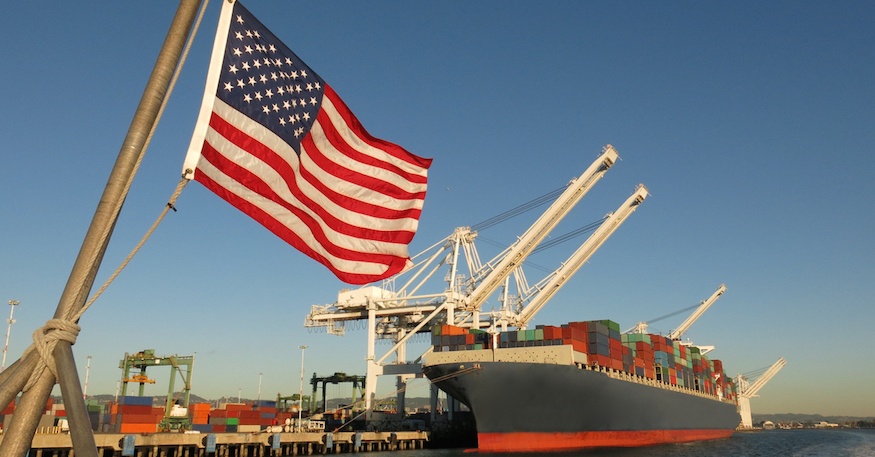Consumers have long preferred buying American products over those made on foreign shores. Despite consumer demand, several producers of iconic American products turned to overseas supply chain manufacturers to provide all or some of their components in recent decades. Some quickly realized, however, that the old adage was true — you really do get what you pay for.
Before deciding to purchase electrical or mechanical assemblies from an overseas supplier based on price alone, it’s important for purchasing managers to understand the varying challenges that may come with that decision. Here are the top five areas you’ll want to consider when exploring foreign and domestic supply chain options.
1. Quality
Technology is advancing at a rapid pace, and mechanical devices require increasingly tighter tolerances and higher degrees of precision. Domestic electrical engineers and designers can provide an opportunity to work hand-in-hand on assembly designs to ensure accuracy, design for manufacturability, and to address any potential variations or incompatibilities. Most foreign manufacturers are merely order-takers and will not work with manufacturers to identify potential design flaws or opportunities for improvements. Partnering with an American supplier allows companies to retain more control over the design and manufacturing process.
2. Safety
Product recalls for foreign-made assemblies far outnumber those for American-made products. In fact, there were more than three times more recalls of Chinese goods versus those from the U.S in recent years. In addition to consumer safety concerns associated with product defects, the wellbeing of workers should also be considered. OSHA regulations in the U.S. enact standards to ensure the safety of American workers, whereas many foreign entities lack such safeguards.
3. Lead Time
Manufacturing lead time can determine a product’s success or failure. The window of opportunity for many goods is tight, and accurate lead times and flexibility are critical. Many American suppliers have the ability to be more flexible in their scheduling and can make changes to the designs and production processes faster to accommodate the needs of a manufacturer. Such changes could be nearly impossible with off-shore suppliers. Electrical or mechanical assemblies shipped from abroad can experience potential delays resulting from political unrest, bad weather, cargo inspections, shipping damage and more, and additional delays and errors can occur due to communication barriers. By using U.S. suppliers, manufacturers can get to market faster and respond more quickly to urgent production needs and design changes.
4. Hidden Costs
A per-unit price may not be the only consideration when buying foreign parts. Freight and shipping costs can fluctuate considerably depending on fuel prices at the time of completion. Currency exchange rates also can vary from day to day, and import fees could prove expensive. Additionally, because many foreign manufacturers require high-volume orders, the costs and space required to store items may negate any potential savings, and the potential for excess or obsolete inventory could be costly. Other costs may include travel, broker fees, insurance, various liabilities and more. By choosing a domestic electrical and mechanical assembly supplier, manufacturers can eliminate many of these expenses and more accurately forecast final costs.
5. Branding
Never underestimate the power that a “Made in the USA” label can have when consumers make buying decisions. Supporting local economies and jobs help garner increased customer loyalty, allowing manufacturing facilities to promote American-made quality in marketing efforts and labeling.
Value is determined by more than price. Consider the whole picture when weighing your options for outsourcing of electrical and mechanical assemblies, and help ensure your end product maintains its quality and overall integrity.





